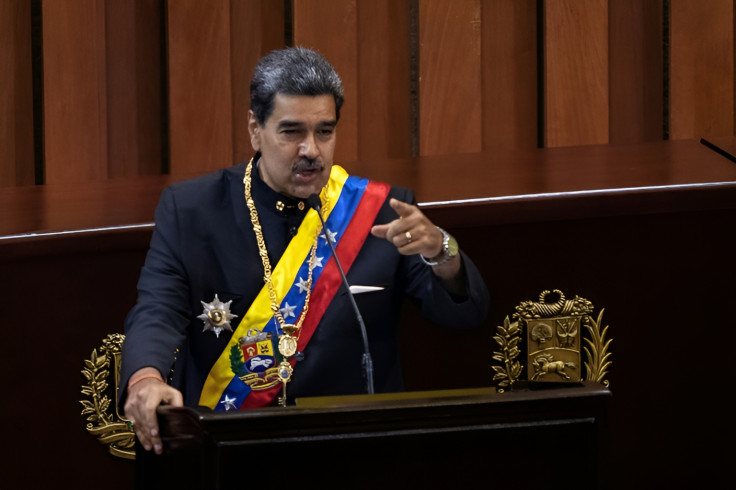
Venezuelans continue their criticism about the quality of the food that the Nicolás Maduro government sells once a month at subsidized prices through the CLAP program, according to an article by Voz de América.
"Sometimes they are of very poor quality. The rice has worms (...) the flour sometimes comes with spider webs," Judit de Machado, who was at the front of the truck ready to exchange some of these subsidized foods for some tomatoes and a little onion, told the outlet.
A retired nurse, De Machado criticized the quality of the food provided by the government, but says it is "essential" because of the crisis the South American country has been going through for years.
She and her husband are responsible for caring for and feeding their five grandchildren. She says she has to use them to prepare meals, but insists many people don't want to eat these "damaged" products at home.
So what do many do with the CLAP bags, which for years have been questioned by Venezuelan consumers both for their quality and for the delay in delivery? Many of them end up being exchanged at farmers' markets for vegetables, fruit and other products in good condition.
The bags, or CLAP boxes, were created in 2016 under the government of President Nicolás Maduro, in the midst of a severe economic crisis that resulted in historic levels of inflation and shortages. It also caused the country's social indexes to collapse.
The program, which mainly targets vulnerable populations, has also been tainted by corruption scandals.
The UN Special Rapporteur on the Right to Food, Michael Fakhri, stated in Caracas that the boxes "undermine the human dignity of the recipients, have become susceptible to political clientelism and do not address the deep causes of hunger and malnutrition in Venezuela".
Less than 72 hours after the statement, the Venezuelan Foreign Ministry expelled Fakhri from the country together along with 12 members of the office of the UN High Commissioner for Human Rights.
The CLAP bags usually contain four kilos of flour, one kilo of rice, two kilos of pasta and three tins of sardines. They are not free. According to Voz de America, they cost between 35 bolívares, or one dollar, to 65 bolívares, almost two dollars.
The official minimum wage in the public sector is 130 bolivars per month, only 3.5 dollars when the kilo of chicken can cost $3.88. The average private sector salary is much higher, at $210, but still not enough to afford most basic foods and services.
Over the past decade, 7.7 million people have left Venezuela, seeking to escape its social, political and economic state of decay. According to the UN Refugee Agency (UNHCR), that represents close to 20% of the population.
© 2025 Latin Times. All rights reserved. Do not reproduce without permission.





